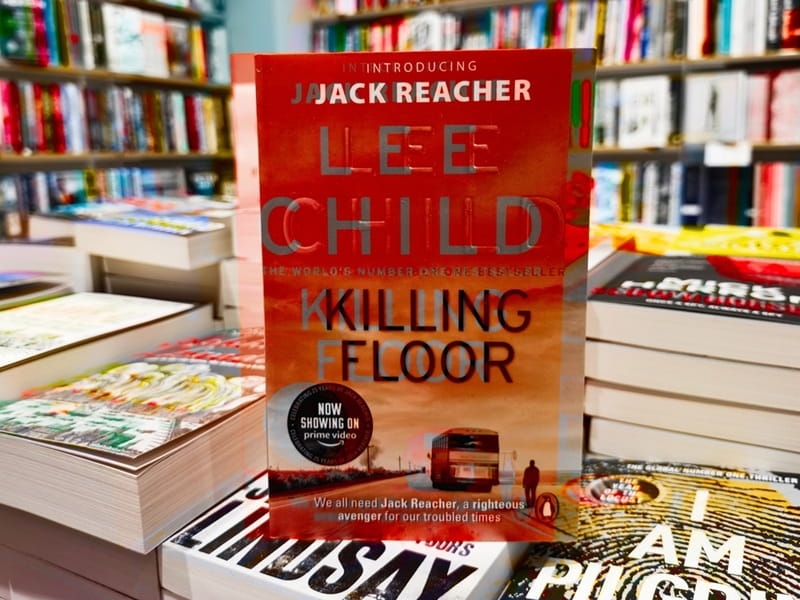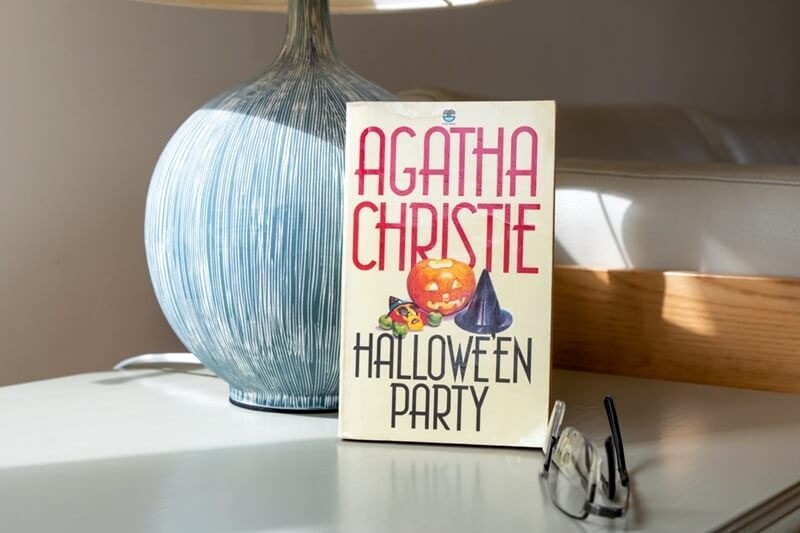Bookstore Events & Their Economic Impact on Local Community

Let's face it-bookstores aren't just about books anymore. They're becoming the new town squares. The cozy gathering spots. The unexpected economic engines of a local community that's craving connection just as much as it craves a good read.
From poetry slams and author Q&As to kids' story hours that somehow turn into full-on toddler dance parties-local community events hosted by bookstores are doing a whole lot more than filling seats. They're pulling people in, sparking conversation, and yep-moving the local economy in ways that don't always make headlines, but sure as heck make a difference.
Wait-Bookstores Drive the Economy?
Yup. Sounds a little overhyped at first, right? But hang on.
Imagine this: It's a Thursday evening. A small indie bookstore downtown is hosting a debut novelist. A few dozen people show up. Some grab coffee next door before the event. Others carpool in and make dinner plans nearby. Maybe they buy a book or two. Maybe they grab another on impulse just because the vibe feels right.
Now multiply that one night by, say, 40 weeks a year. Suddenly, that tiny bookstore is generating foot traffic, repeat visits, and cross-pollinating sales for other small businesses in the neighborhood.
That's real. That's tangible. And that's how local communities grow stronger-one open mic or author reading at a time.
The Secret Sauce? Human Connection
Here's the thing... people aren't just showing up for the books. They're showing up for the experience.
You could easily buy that same novel online. Probably cheaper. Probably faster. But you can't chat with the author on Zoom and then head to a local wine bar afterward to debate the ending with your book club. You can't feel the shared laughter during a live reading or bump into your old high school teacher in the poetry aisle.
Community local spaces like bookstores give people a reason to gather in real life. And that real-life interaction? It's kind of priceless.
Small Events, Big Ripple Effect
Let's get real for a sec-these events might look low-key from the outside. A few chairs, some fairy lights, a mic, maybe free cookies if you're lucky. But under the surface, they're doing some heavy lifting.
Here's what's really going down:
- Increased foot traffic. A well-timed book signing or kids' story hour brings in new faces-many of whom become regulars.
- Support for emerging authors. New writers get a platform they can't get at chain stores. Local talent = local pride.
- Boost to nearby businesses. Coffee shops, restaurants, gift stores-they all benefit from that shared traffic.
- Job creation. More events mean more work-whether it's staffing, event planning, or local artists selling prints and zines.
- Tourism magnet. Quirky indie bookstores with cool event calendars often end up on travel blogs and TikTok lists. True story.
All of this builds an ecosystem-one where small wins start stacking up into something way bigger than anyone expected.
"But Can't We Just Host Stuff Online?"
Sure, digital events have their perks. No pants required. Zoom links for everyone. But let's not pretend it's the same.
Online, you can't smell the old books. Or sip cinnamon chai from the local café while waiting for your turn at the open mic. Or accidentally discover a new favorite author after tripping over a display table.
In-person local community events hit different. They spark emotion. They fuel nostalgia. They feel like something worth showing up for. And honestly? That matters more now than ever.
How Does Shopping Locally Help the Community?
Let's not overcomplicate this.
Every time you buy a book from your neighborhood bookstore, you're casting a vote. A vote for charm over convenience. For character over clicks. For people who remember your name instead of sending you auto-replies.
How does shopping locally help the community? It keeps the lights on. It keeps jobs local. It funds more events, better programming, and those quirky little extras-like handwritten staff reviews and weekend book swaps-that giant chains just can't compete with.
It's a feedback loop: You support them → They support the neighborhood → The whole area thrives.
And yes, sometimes that support means buying a book at full price. But hey-it comes with real-life ambiance and possibly a snarky bookmark. Totally worth it.
Further Reading: Best Science Fiction Books You Must Read This Year

Kids, Teens, and Future Readers? They Need This.
It's not just grown-ups benefiting here. When bookstores become part of a local community's rhythm, kids notice. Teens too. They get exposed to voices beyond their textbooks. They learn that books aren't just homework-they're escape, identity, rebellion, and comfort all wrapped up in a paperback.
Events tailored to young readers-comic cons, YA author panels, or even DIY zine workshops-help build confidence. They foster creativity. And they make reading feel cool, not just compulsory.
Let that sink in. In a world of non-stop screen time, bookstores are helping raise a generation that still values the smell of fresh pages and face-to-face conversations. That's no small feat.
Not Just for Bookworms
Don't love reading? No judgment.
Bookstore events aren't just about the books. Some host mini-markets. Others turn into acoustic music nights or political discussion hubs. Think of them as culture capsules-places where ideas, food, art, and people mix in ways that feel refreshingly unfiltered.
Some even partner with local nonprofits. Collect coats in winter. Host mental health talks. Offer safe spaces for underrepresented groups.
So yeah, whether you're a die-hard bibliophile or just someone looking for a cool way to spend a Sunday afternoon-there's room for you.
The Indie Advantage
Big chains? They've got scale. But remote, disconnected ownership rarely captures the pulse of a local community.
Indie bookstores, on the other hand, are run by people who live here. People who know the potholes in the road, the school calendar, and which poet just went viral on TikTok. They curate shelves with heart. They plan events based on what their neighbors actually care about.
They aren't selling books. They're building belonging.
And that-more than anything-is what makes the difference.
Why This All Matters (Especially Now)
In a world that's shifting more online by the second, analog spaces like bookstores have become tiny acts of rebellion. They're saying, "Hey, not everything has to be virtual. Not everything needs to be fast."
They remind people to slow down. To listen. To show up in person and have an actual conversation instead of just leaving a comment.
And let's not ignore the timing. Post-2020, people are hungry for connection. For spontaneity. For a space where they can just be-no filters, no feeds, no algorithms.
Bookstores are answering that call. One author talk, trivia night, and reading nook at a time.
So... What Can You Do?
Here's your mini to-do list:
- Check out your nearest independent bookstore's events calendar.
- Actually go to one. Drag a friend. Or a date. Or your grandma.
- Buy a book. Even just one.
- Talk to someone while you're there.
- Share it. Online or word-of-mouth. Both count.
If you're feeling bold, pitch an event idea. Maybe you host a journaling night. Or lead a book club on spicy romances. Or curate a zine shelf. These spaces are built for collaboration, not perfection.
On a Related Note: How Digital Platforms Are Reshaping the Literary World?
Conclusion: Community > Commerce
Bookstore events might not make the stock market swoon. But in terms of cultural and emotional ROI? They're gold.
They make neighborhoods feel like home. They nurture voices that might've otherwise gone unheard. They remind people that being part of a local community doesn't have to mean grand gestures-it can mean showing up, grabbing a seat, and listening.
In short, they prove that sometimes the smallest stories-the indie bookstores, the quiet poetry nights, the rain-soaked paperbacks-are the ones that move us the most.
And that? That's something worth keeping alive.
This content was created by AI





